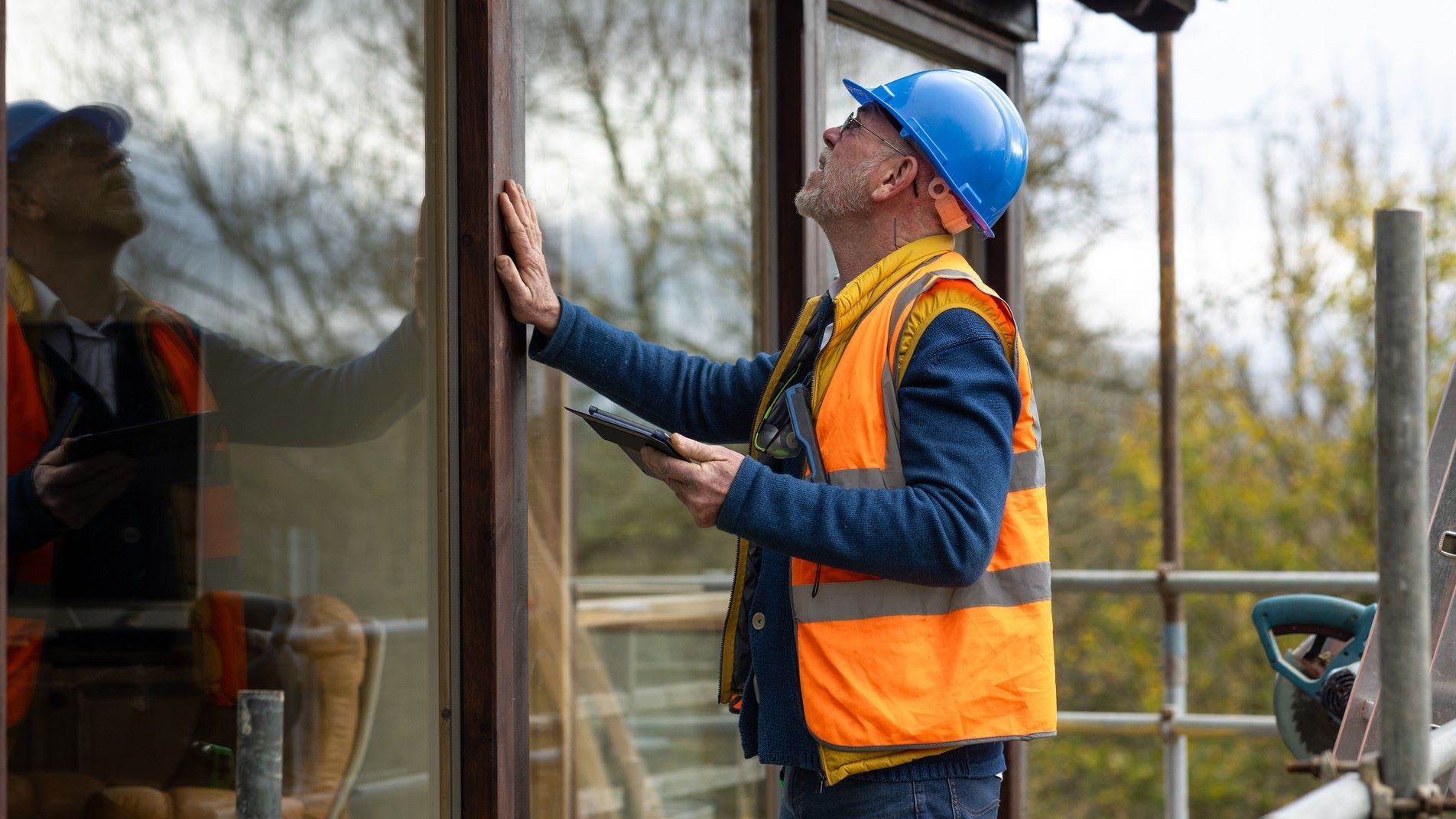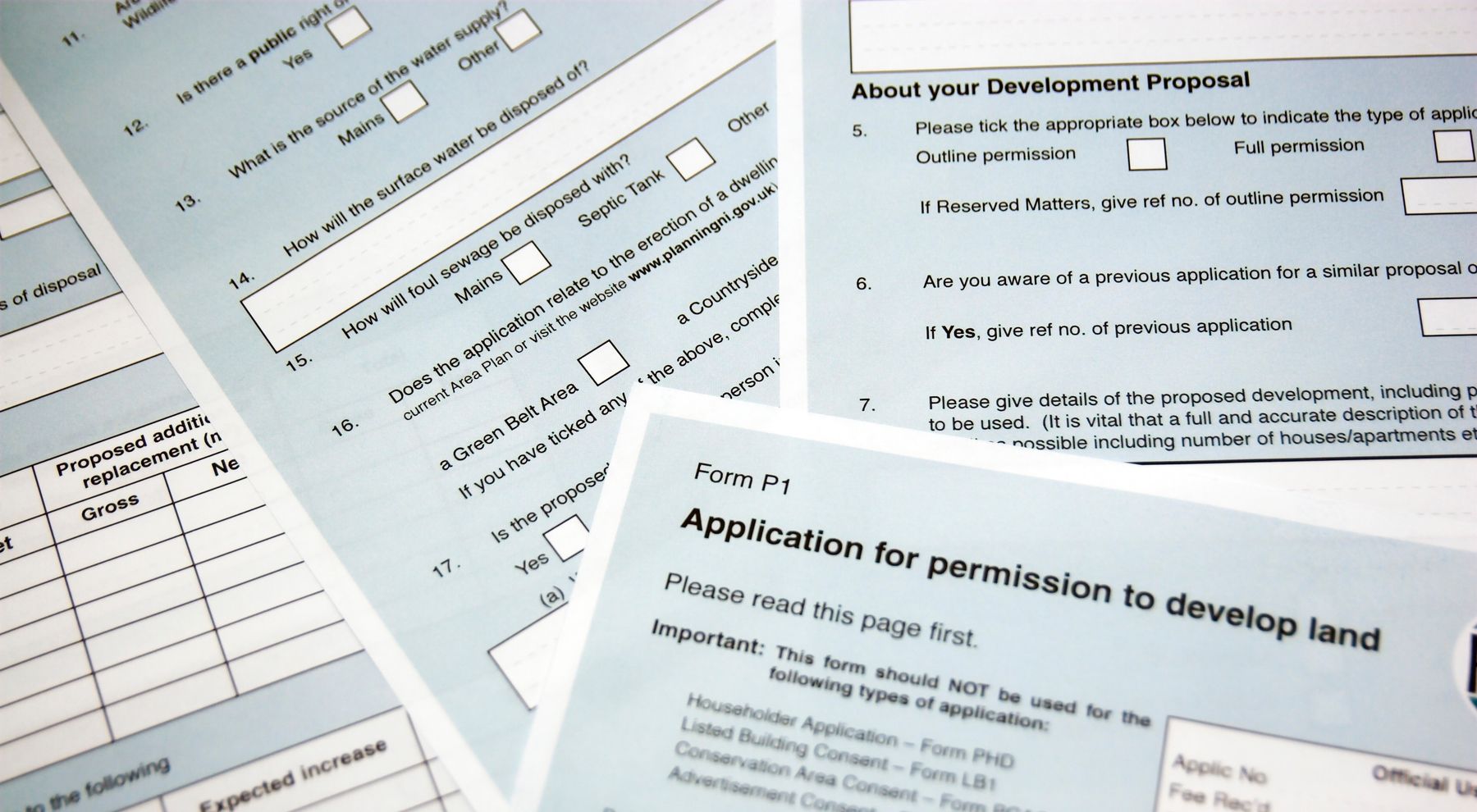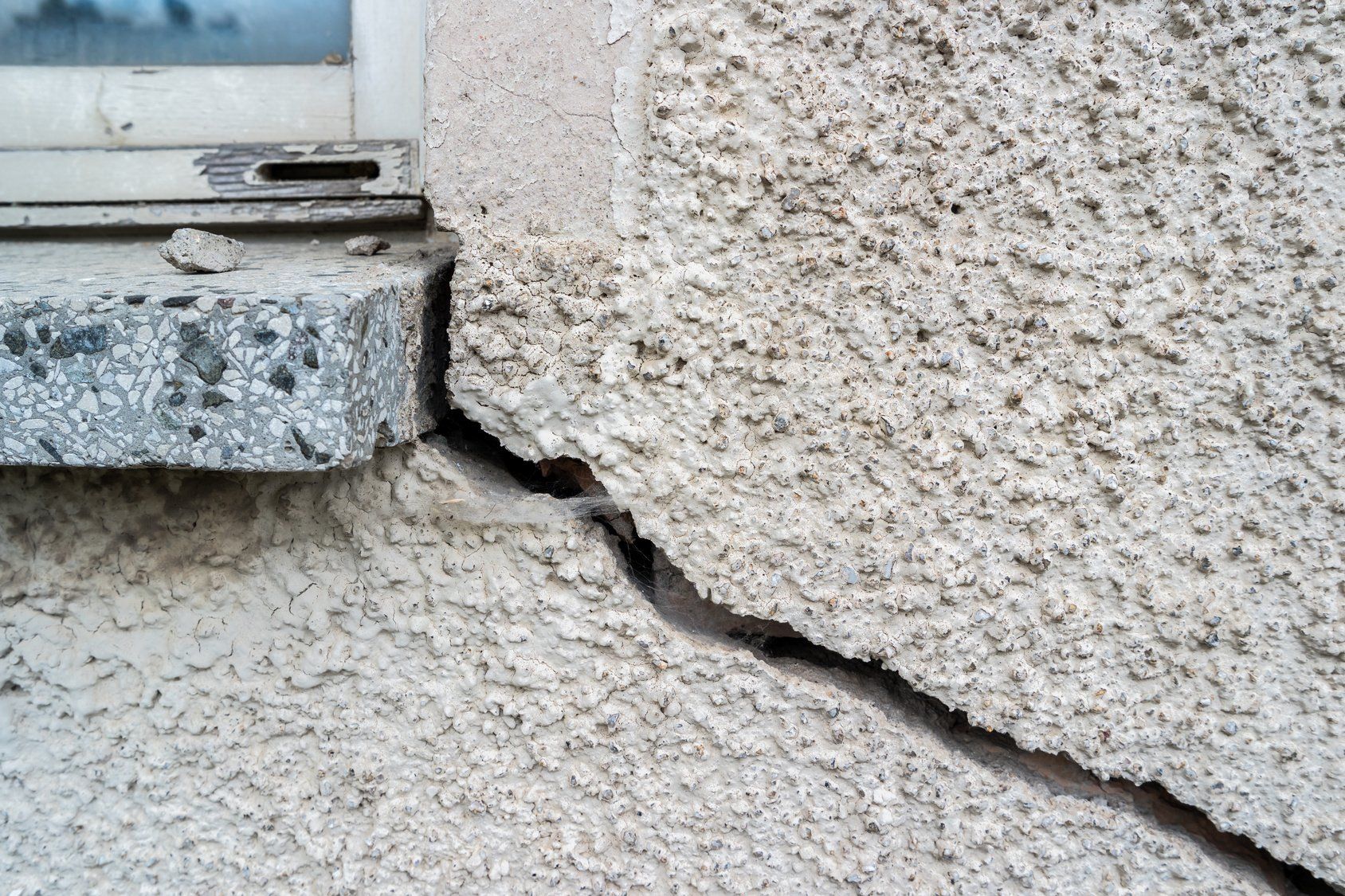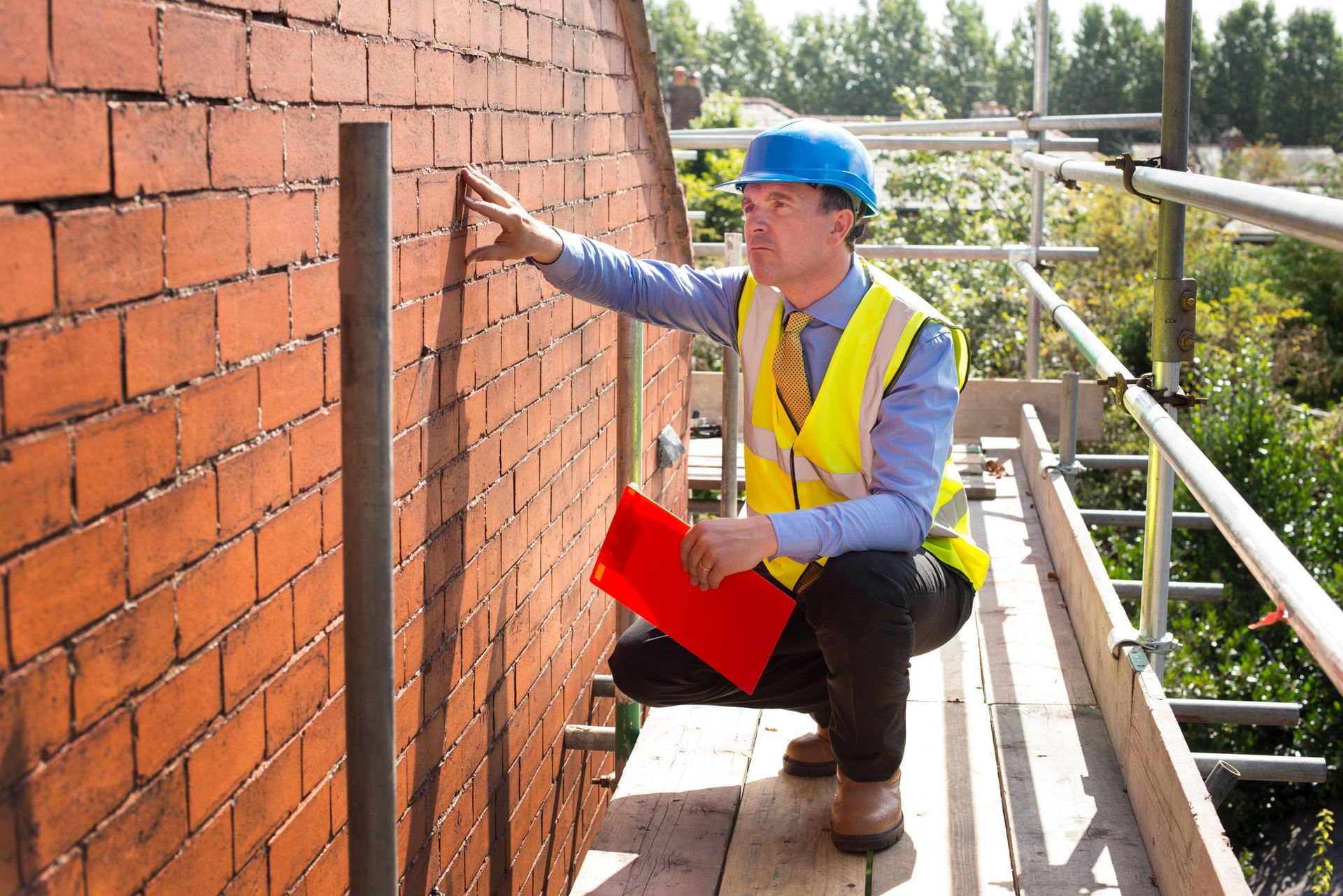All You Need To Know About Party Wall Agreements
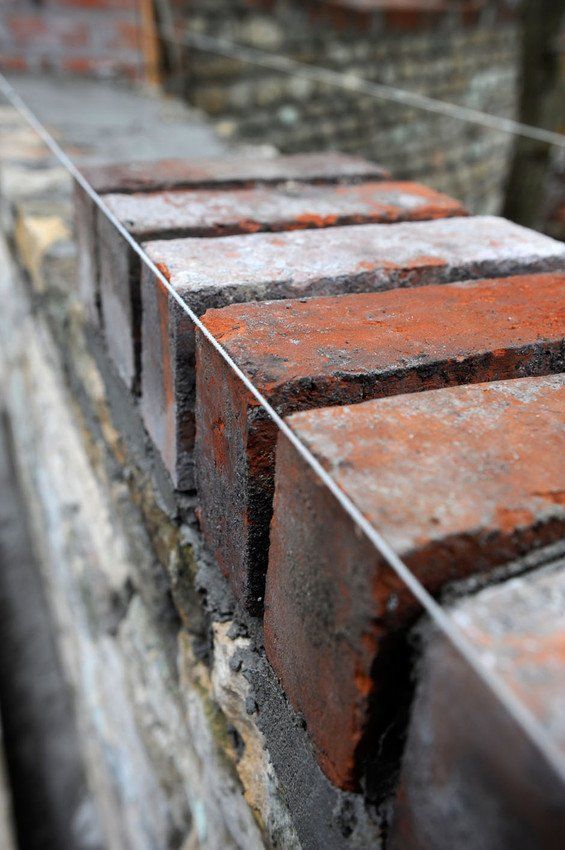
The Party Wall etc. Act 1996 is an act that is used for resolving disputes between owners of neighbouring properties, where works are carried out that would affect the party wall. Before this, there was no set procedure for dealing with this, even though it was a frequent occurrence. This would often lead to expensive and long litigation for what was actually a quite straightforward matter to deal with.
But what is a party wall? Read on for all you need to know about party wall agreements.
What Is A Party Wall?
The first thing you need to know is the definition of a party wall, also known as a common wall or a demising wall. It is a dividing partition between two adjoining buildings that is shared by the occupants. This can be two residences, two businesses or a mix of the two. It is usually a structural and load-bearing wall, constructed along a property line with about half of the wall’s thickness on either side of it.
There are various possibilities for legal ownership of the wall, it could belong to both tenants, to one of the other, or partly to one and the other. This is why disputes usually occur when one party wishes to alter something to do with the party wall. You need to understand the impact that altering the wall will have on the other party.
The Party Wall etc. Act 1996
The Party Wall etc. Atc 1996 came into effect on the 1st of July 1997. It provided guidelines on how to prevent and resolve disputes concerning carrying out building works on party walls. It outlines that anyone intending to carry out work needs to give adjoining owners notice. The Act even applies to Crown, government and local authority-owned property.
The Act does not change who owns the wall or the position of the boundary but sets out what rights an owner has in relation to works to a party wall. It also can’t be used to settle a boundary dispute. It should be noted the Act only applies to England and Wales, not to Scotland or Northern Ireland. In these countries, a boundary wall is considered to have an invisible line down the middle, with each party owning half. The law in Scotland and Wales states both have a common interest in the wall, so each owner is entitled to use his share of the wall as he likes as long as it does not negatively impact the wall as a whole. Therefore there is no obligation to give notice when completing building works, but if a dispute arises, the owners can go to court to resolve it.
Party Walls & Building Works
But in England and Wales, if you want to carry out any building work near or on your shared property boundary, you must tell your neighbours. This includes building on the boundary, work on the existing structure or digging below and near to the foundation level of their property. Examples of work you might be doing are building a new wall, cutting into a party wall, removing chimneys, knocking down and rebuilding a party wall or making a party wall taller, shorter or deeper. You don’t need to tell your neighbour about minor changes you are making such as putting up shelves, adding or replacing electrical wiring or plastering.
While your neighbours can’t stop you from making lawful changes, they can affect when and how your works are going to be carried out.
Who Pays For The Work
If you are the one who initiated work on the party wall, you need to pay for any building works carried out. Your neighbour may have to contribute to the work if it is because of defects or lack of repair. They will also need to pay if they ask for additional building works that would benefit them. If you can’t agree on who needs to pay, an appointed surveyor will be able to help resolve this.
Notice & Agreements
If you are planning on carrying out any building works, you must give notice to your neighbour between 2 months and a year before you plan to start building work. This should include exactly what you’re planning to do.
It is recommended to talk to your neighbour in person first so you can properly explain, rather than surprise them with a formal notice. This could anger them if they feel the changes have been sprung on them and cause them to be resistant. If you do agree, make sure any agreement you reach is in writing to make it a formal document that can be later referenced if there are any issues. If you’re unsure what to put in a notice letter, there are examples online here. These will help the agreement be as lawful as possible, using documentation specifically designed to cover
Once you’ve given your neighbours notice they can give consent in writing, in which case the building works may begin without any issue. They can also serve a counter-notice, requesting additional work to be done at the same time. If these works benefit them, they will have to pay for them. The third option is that they can refuse consent, which will start the dispute resolution process. If they consent to the work, your neighbours must let you know in writing within 14 days if they consent to your notice, and the same amount of days if you consent to their counter-notice. The original counter-notice they give you must be served within a month of the first notice. It should be noted that your neighbour needs to respond to the notice, no response is not consent.
If You Can’t Agree
If you and your neighbour do not agree over the party wall works, you must appoint a surveyor to help resolve the dispute. You can either appoint a surveyor together or each appoint your own to assist you. You cannot act as your own surveyor in these issues and you can appoint a surveyor on behalf of your neighbour if they fail or refuse to do so themselves. The surveyor or surveyors will then agree on a ‘party wall award’ which is a legal document drawn up to say what work is happening; how and when it will be carried out; who will pay for which part and how much will be paid in total. This will include the surveyor fees. The party wall award is usually final and binding, however, if you don’t agree with the outcome of the award, you can appeal at a county court within 14 days of receiving it. You’ll need to file an appellant's notice to explain why you’re appealing.
Works Begin
When works begin you must strive to protect your neighbour's property from damage caused by the works, and fix or pay to fix for any damage that is caused. If the building works involve accessing your neighbour's property, your neighbour must allow them to access their property during usual working hours. For this, they must be given at least 14 days notice.
Simon Levy Associates
If you need a highly experienced party wall consultant in Borehamwood and across the home counties, get in touch with the team as Simon Levy Associates. Simon Levy himself is an expert party wall consultant who has provided expert witness services in a range of highly complex part wall disputes.
He is a member of the Pyramus & Thisbe Club, an elite group of surveyors, lawyers and engineers who are all experts in party wall matters. This club works to advance knowledge of party wall legislation and to promote best professional practice in its application. Its unique name comes from Shakespeare’s A Midsummer Night’s Dream where the two lovers Pyramus & Thisbe are separated by a wall. The club played a vital role in the framing of the Party Wall etc. Act 1996 and has continued to promote party wall issues to this day.
Simon Levy Associates has over 30 years of experience, providing a qualified and reliable team of surveyors who pride themselves on their exceptional work. So if you need assistance in reaching a party wall agreement, or just want to know more about how you can alter your party wall, give us a call now on 020 8207 6100. We don’t just solve party wall matters, so visit our website now to find out the range of professional services we offer including structural surveys, expert witnesses and building defect diagnosis.


